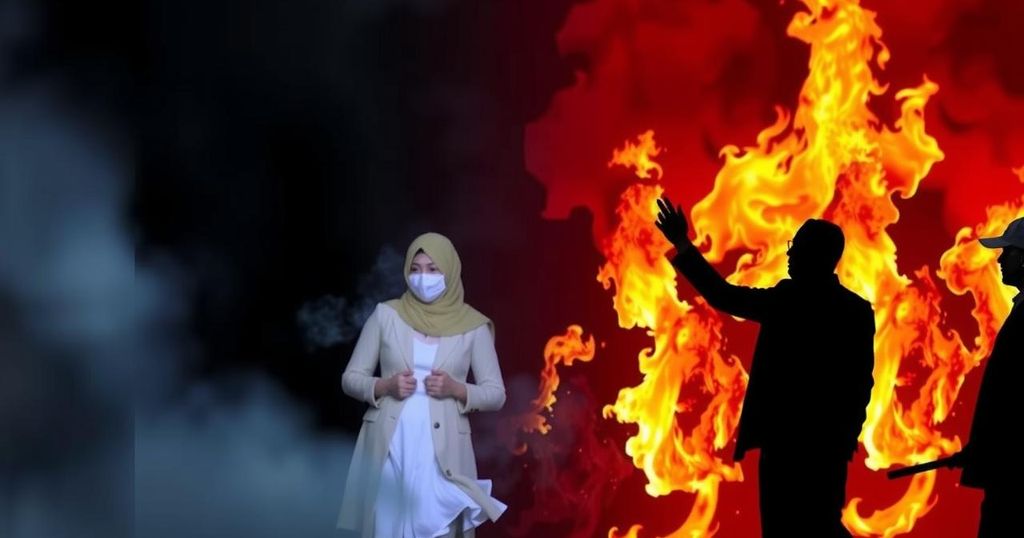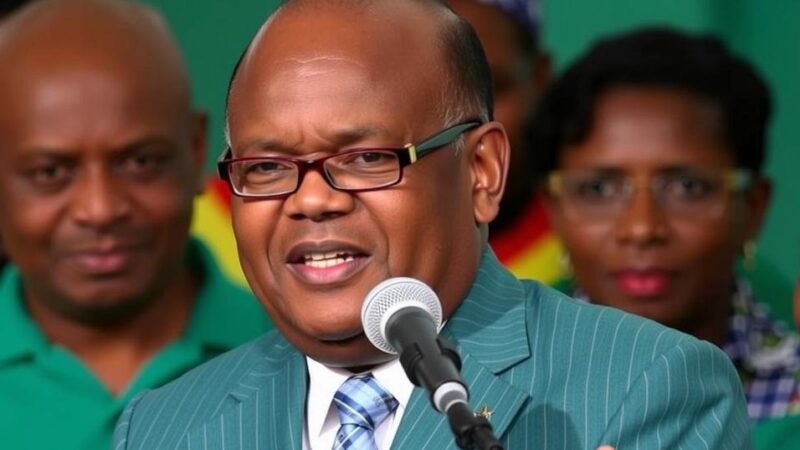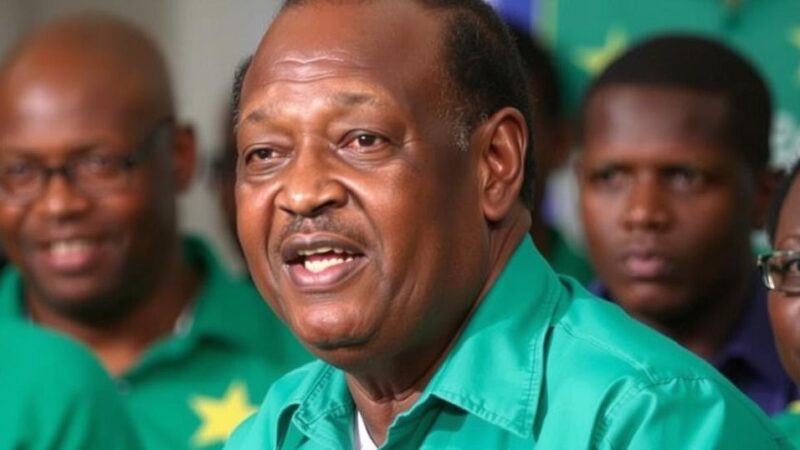Libya remains politically divided between rival governments in the west and east, with tensions escalating around the control of the central bank, crucial for managing the country’s oil wealth. The recent attempt by the presidential council to dismiss the central bank’s head highlights the fragility of Libya’s peace, which has primarily been maintained by informal agreements among powerful factions. The lack of elections has further exacerbated the political stalemate, compromising the nation’s stability.
Since the overthrow of Colonel Muammar Gaddafi during the Arab Spring in 2011, Libya has remained ensnared in persistent conflict and instability. The country is divided, with one government based in the west and another operating in the east, heightening tensions between these rival factions. The recent turmoil surrounding the central bank, which plays a crucial role in managing Libya’s extensive oil revenues, has further endangered an already precarious political landscape. Tensions escalated when the Libyan presidential council attempted to remove Sadik al-Kabir, the head of the central bank, by decree. Although Mr. al-Kabir rejected this effort, the western government supported the dismissal and announced intentions to install a new board of directors for the bank. Analysts believe the presidential council’s actions are unlikely to yield legally binding results, yet the developments signify a worrying trend that may destabilize the fragile equilibrium in Libya. Currently, the United Nations-backed government led by Prime Minister Abdul Hamid Dbeiba is in control of the western region, while the eastern part is governed by General Khalifa Hifter, a warlord, along with a separate parliament. Since the conclusion of hostilities in 2020, Libya has avoided full-scale conflict, largely due to strategic agreements between powerful entities that have opted to divide the nation’s oil wealth amongst themselves. Despite the reduction of violence, these agreements have yielded minimal benefits for the average Libyan citizen. An agreement brokered by the United Nations set the framework for Mr. Dbeiba’s appointment and the establishment of a three-member presidential council aimed at representing Libya’s diverse regions. However, the anticipated elections for unifying the nation have yet to materialize, leaving the political impasse unresolved and further complicating the prospect of lasting peace in Libya.
Libya has experienced turmoil since the fall of Gaddafi, with power struggles leading to divisions between east and west. The control over the central bank, a crucial institution managing significant oil revenue, is a flashpoint for conflict among political factions. The political landscape is characterized by an absence of effective governance and ongoing tensions stemming from a failure to conduct elections, leaving the legitimacy of current leaders in question. The dynamics of the conflict are further complicated by the involvement of foreign powers and conflicting local interests, which have historically shaped the course of Libyan politics.
The conflict for control of Libya’s central bank underscores the fragile peace and political instability that continues to plague the nation. With rival governments entrenched in their positions and the absence of an electoral framework to resolve the impasse, Libya faces a critical juncture. The ongoing struggle for economic resources indicates that unless a comprehensive political agreement is reached, the risk of violence and deeper fragmentation remains significant, threatening the precarious balance of power across the country.
Original Source: www.nytimes.com







